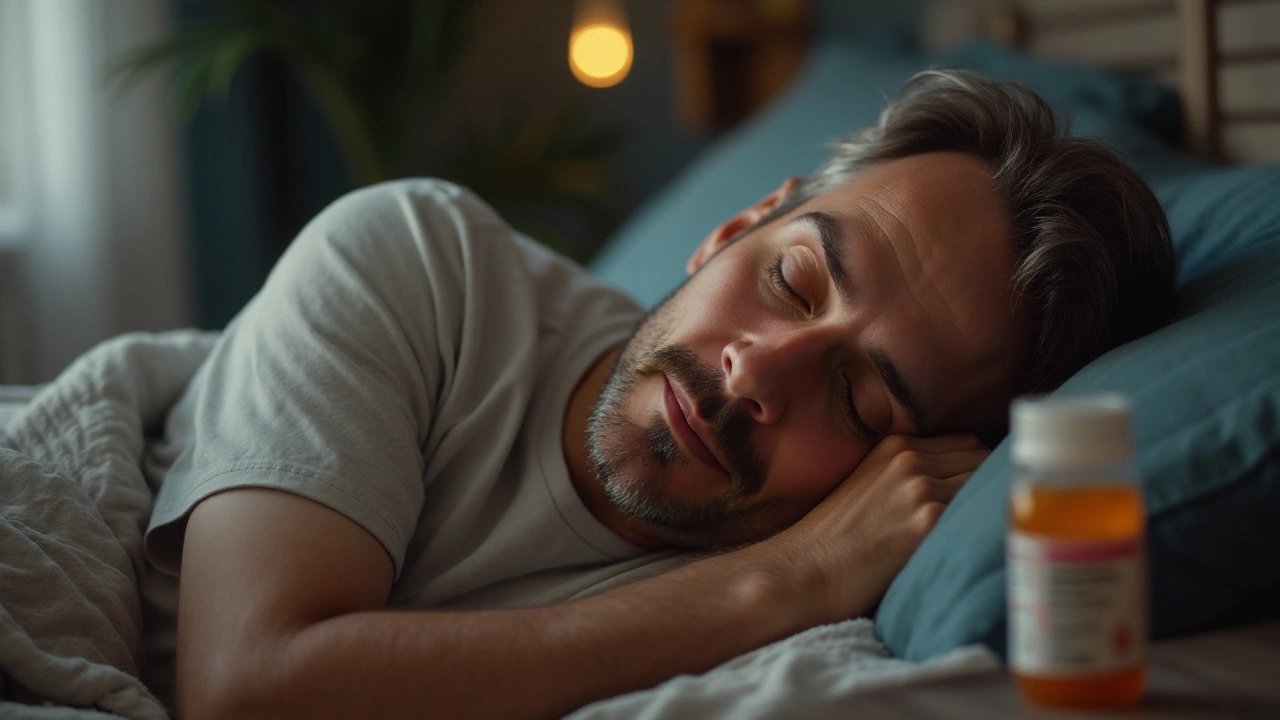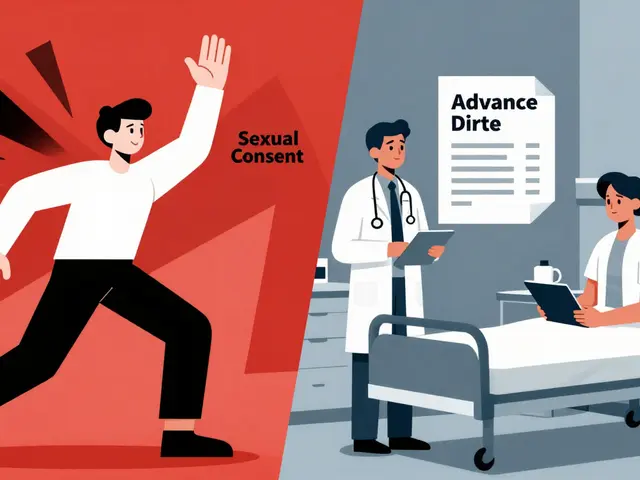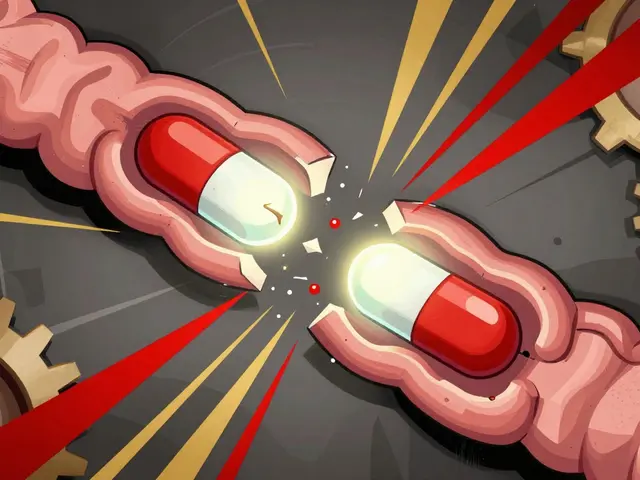Sleep Issues: Simple Ways to Sleep Better Tonight
Having trouble falling asleep or staying asleep? You're not alone. Many people deal with sleep issues, and it can affect your mood, energy, and overall health. The good news? Small changes can make a big difference. Let’s talk about some straightforward tips you can try right now to get better sleep.
First off, your bedroom matters. Aim for a dark, quiet, and cool room. Light and noise can sneak in and mess with your sleep cycle without you even realizing it. Blackout curtains or a white noise machine can help block distractions.
Next, think about your bedtime routine. Doing the same relaxing things before bed signals your body it’s time to wind down. This could mean reading a book, stretching gently, or avoiding screens for at least an hour. That blue light from phones and laptops tricks your brain into thinking it’s daytime, making it harder to fall asleep.
Watch What You Eat and Drink
What you consume can also keep you tossing and turning. Try to avoid caffeine and heavy meals close to bedtime. Caffeine stays in your system for hours and can sneakily affect your sleep quality. Alcohol might help you fall asleep faster but often leads to restless nights.
Also, regular exercise can promote better sleep. But timing is key—intense workouts too close to bedtime might leave you too energized to sleep. Try to finish exercising at least a few hours before you hit the pillow.
Understanding Sleep Issues and When to Seek Help
If you’ve tried everything and still can’t sleep well, it might be time to talk to a doctor. Sleep problems like insomnia or sleep apnea can need professional treatment. Don’t ignore persistent daytime tiredness or loud snoring; those could be signs something else is going on.
Remember, good sleep supports your whole body, from mental health to immune function. Taking steps today can boost how you feel tomorrow. So tweak your environment, routine, and habits to give your sleep a natural lift.





